Interview with Diversity, Equity & Inclusion Director, Lupe Bobadilla
- Posted by High Mountain Institute
- Categories Articles, HMI News, Semester
- Date October 14, 2021
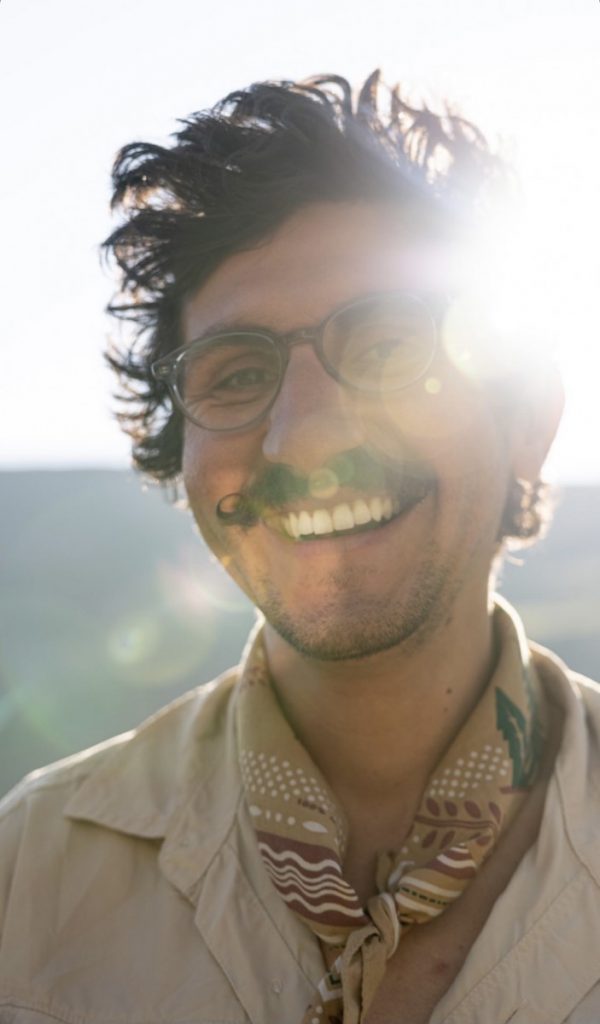
Hi Lupe! Thanks for sitting down with us. Can you tell us a bit about yourself? Where are you from and how long have you worked at HMI?
I am originally from Los Angeles, CA, and completed my undergraduate and graduate studies in Southern California. My original plan was to work as an administrator in higher education. However, I enjoy the outdoors and I was looking for an opportunity that allowed me to get outside of an office.
I found out about HMI through my local climbing gym in spring 2019–a member of the HMI Gap marketing team had put up a poster on the community board. I was intrigued! I applied for an open admissions job and…the rest is history!
Did you have previous boarding school or outdoor education experience before coming to HMI?
I attended public schools for my entire childhood. While I am grateful for the education I received, and the person it allowed me become, I knew very little about private schools or boarding schools before HMI. After working for the past two years in admissions, I have learned so much about the independent school world.
Before coming to HMI, I did not have any wilderness experience to speak of. These days, however, thanks to the support of my colleagues, I can say I am a competent outdoorsman. I have led a number of backpacking expeditions in Colorado and Utah and I am a stove-repair and navigation expert!
Describe your professional role in your first two years at HMI. What did you find most fulfilling?
In my first two years, I worked solely in admissions. My first year was a challenge since I had to learn the nuances of HMI and go out on the road recruiting at our partner schools. I found the connections with former and prospective families and students the most fulfilling, and I relished sharing my personal story with them. It is OK not to have any previous outdoor experience!
In my second year we were not able to travel due to the pandemic. However, this did not stop me from making meaningful connections virtually. I took on new responsibilities as the “Diversity Recruitment Coordinator.” In this role, I worked with non-profit organizations and public schools to recruit a more diverse student body. It was very rewarding work, and we ended up admitting a record number of students of color.
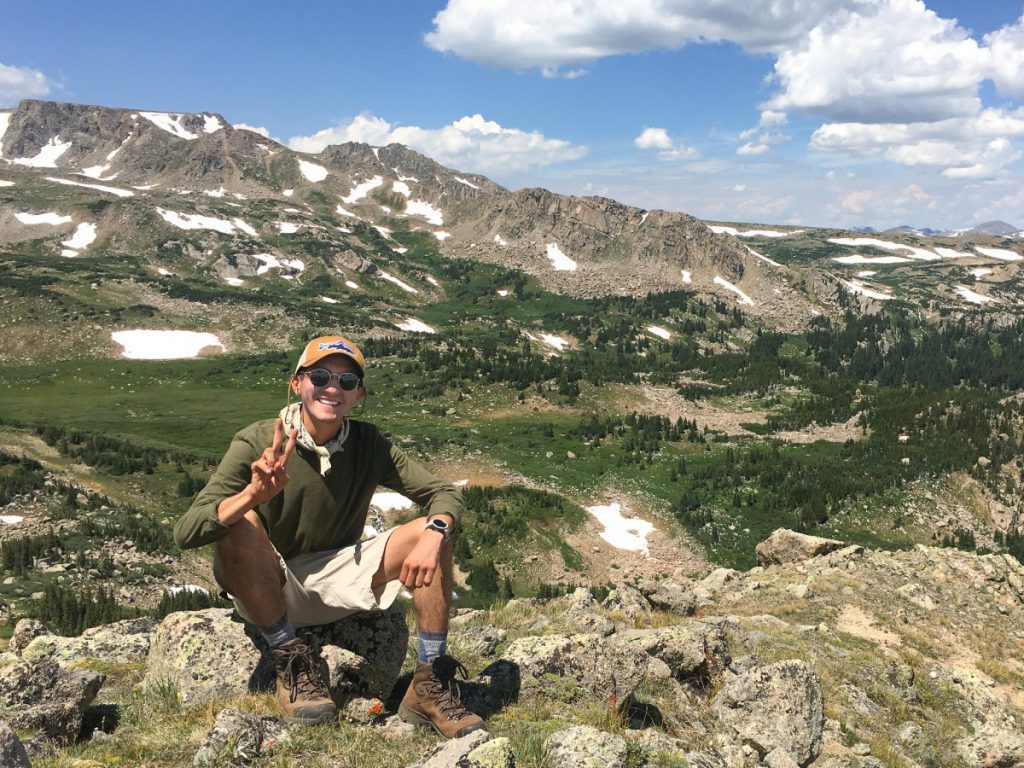
As of this fall, you are stepping into a new role as HMI’s first-ever Director of Diversity, Equity & Inclusion. What has that transition been like?
It has not been an easy transition since this job didn’t exist before I stepped into it! There are many projects I am excited about, but I am still learning what is realistic and possible to implement at HMI. I have been networking with various DEI professionals from independent schools across the country. I spend a lot of time thinking about what initiatives are appropriate for us to take on given our limited time–a single semester–with students. This is daunting but exciting and rewarding work.
What skills and experience do you bring to this position?
My identity is something important I bring to this position. I am a person of color operating in a predominantly white and privileged institution. As I help oversee the student POC affinity group and build relationships with students, I think this is a huge asset.
I grew up in Inglewood, and I am proud to come from “the hood.” I am a first-generation college student and can proudly say that I now have my master’s degree. Education has not always been easily accessible to me, but I can say that I have overcome challenges with orgullo and ganas (pride and grit). My educational background has helped me support students and adults at HMI who are new to the private school world.
Even before stepping into this position I have been supporting our Spanish-speaking students and families. Each semester I serve as a translator for parents over Family Weekend and I have led Spanish-language webinars for prospective families. These are just some of the skills that come to mind. I am sure I will continue to grow in this position and develop new tools for helping our community.
What are some areas where you think HMI is excelling in DEI work?
I think HMI is doing a great deal of important work when it comes to DEI. One noteworthy achievement is the Apprentice Program. As of this year, it is now a paid program instead of a tuition-based one. This has already allowed us to attract a more diverse candidate pool.
As I saw firsthand, we have made great strides in admissions. We are actively recruiting at more public schools than ever before and we now offer identity-specific webinars such as one for BIPOC students and families.
We have been working to reduce inequities within the HMI Semester, by taking steps such as providing every student with a Chromebook and minimizing the number of packages that students can receive. And we now have formal spaces for historically-marginalized students to come together including the Q² (Queer & Questioning) and POC affinity groups.
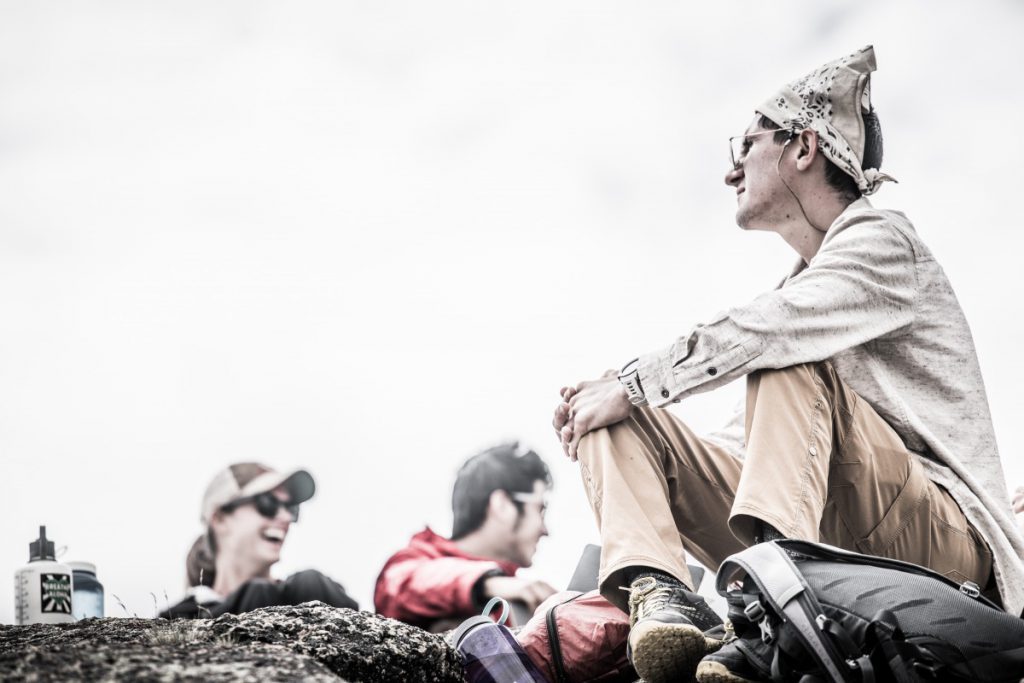
What are some areas that HMI needs to improve on?
HMI is not perfect, and we need to acknowledge we are a majority white and privileged institution with many blindspots. We have much work to do to cultivate a truly inclusive environment. I think improvements fall into three main categories:
Hiring: Our hiring practices have improved in recent years, but there is more work to be done. We need to strategize to find diverse candidates. Our student population is diversifying rapidly, but we do not have the adult population to support them. Representation is essential, and all students seek mentors who share identities with them.
Curriculum: We need to update our curriculum both in the classroom and in the wilderness. Our faculty are extraordinary, and they work hard to incorporate diverse narratives into their curriculum. But we know from student feedback that we are not yet where we need to be. We need to have important discussions about diverse identities while also appropriately respecting different cultures.
Assessment: We are currently working on a dashboard to measure our DEI progress. This dashboard will help us identify projects that help us achieve our DEI strategic goals. I believe this is an important project for accountability. It will help us align our programs with our DEI goals. We will do this to maintain an inclusive and productive environment.
Anything else you’d like the alumni community to know about you?
I am excited to be in this role. I now have the creativity to establish programs around our DEI goals. I enjoy connecting with folks, and I invite you to contact me about our current progress or if you have any questions about our community. This is a tremendous opportunity, and I will continue the work I did as an undergraduate student–I will not forget how I once was a student who advocated for change. As a school administrator; effecting change is now my official capacity. I am passionate about this work, and I am committed to this community.
Lupe Bobadilla
lbobadilla@hminet.org
“Caminante, no hay camino, se hace camino al andar” – Antonio Machado
“Walker, there is no road, you make the road as you go” – Antonio Machado
Next post


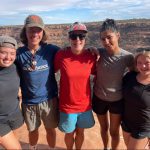 Semester 47: 2nd Expedition
Semester 47: 2nd Expedition
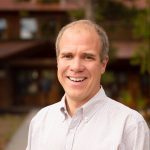 Important HMI Leadership Update from the Board of Trustees & Head of School
Important HMI Leadership Update from the Board of Trustees & Head of School